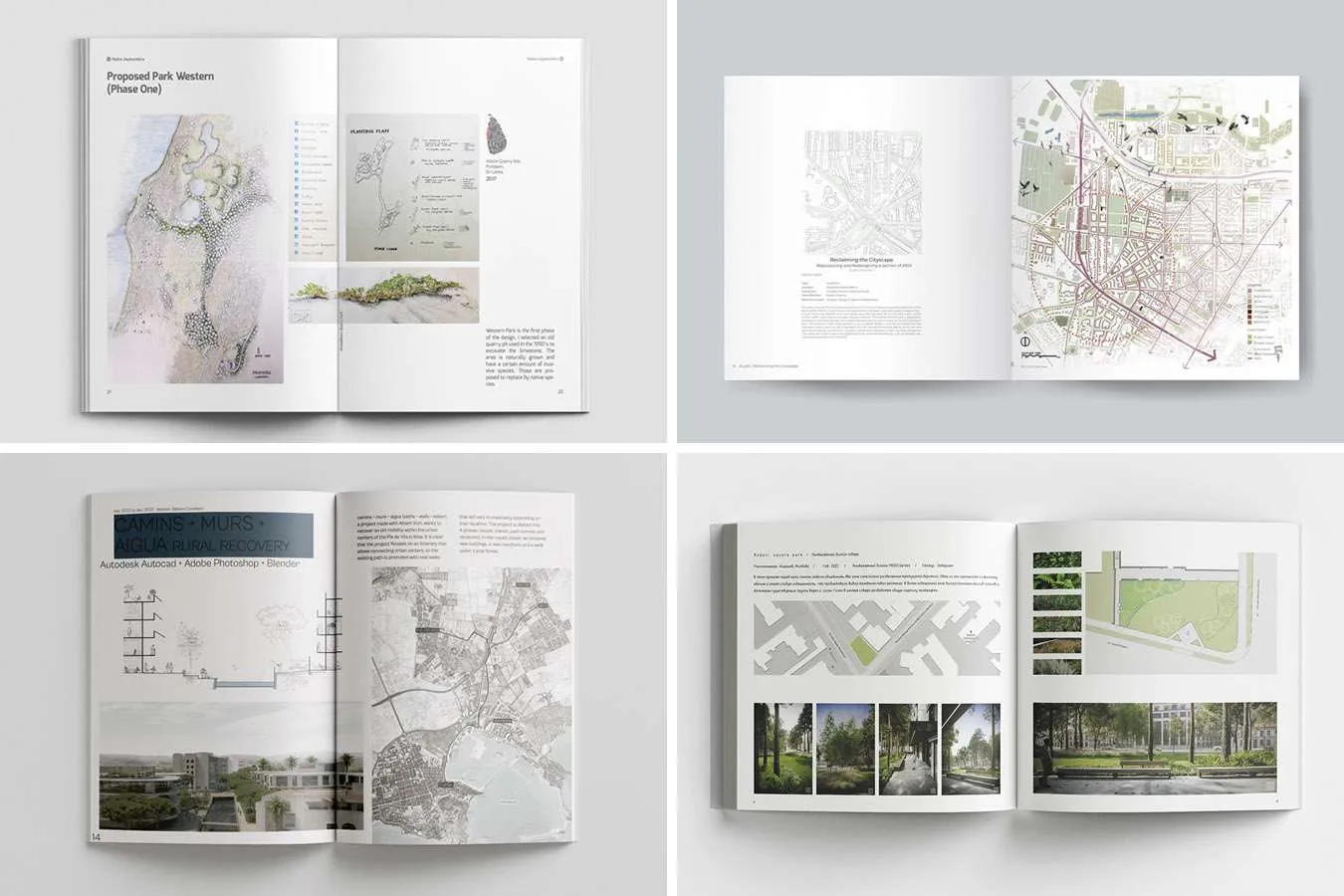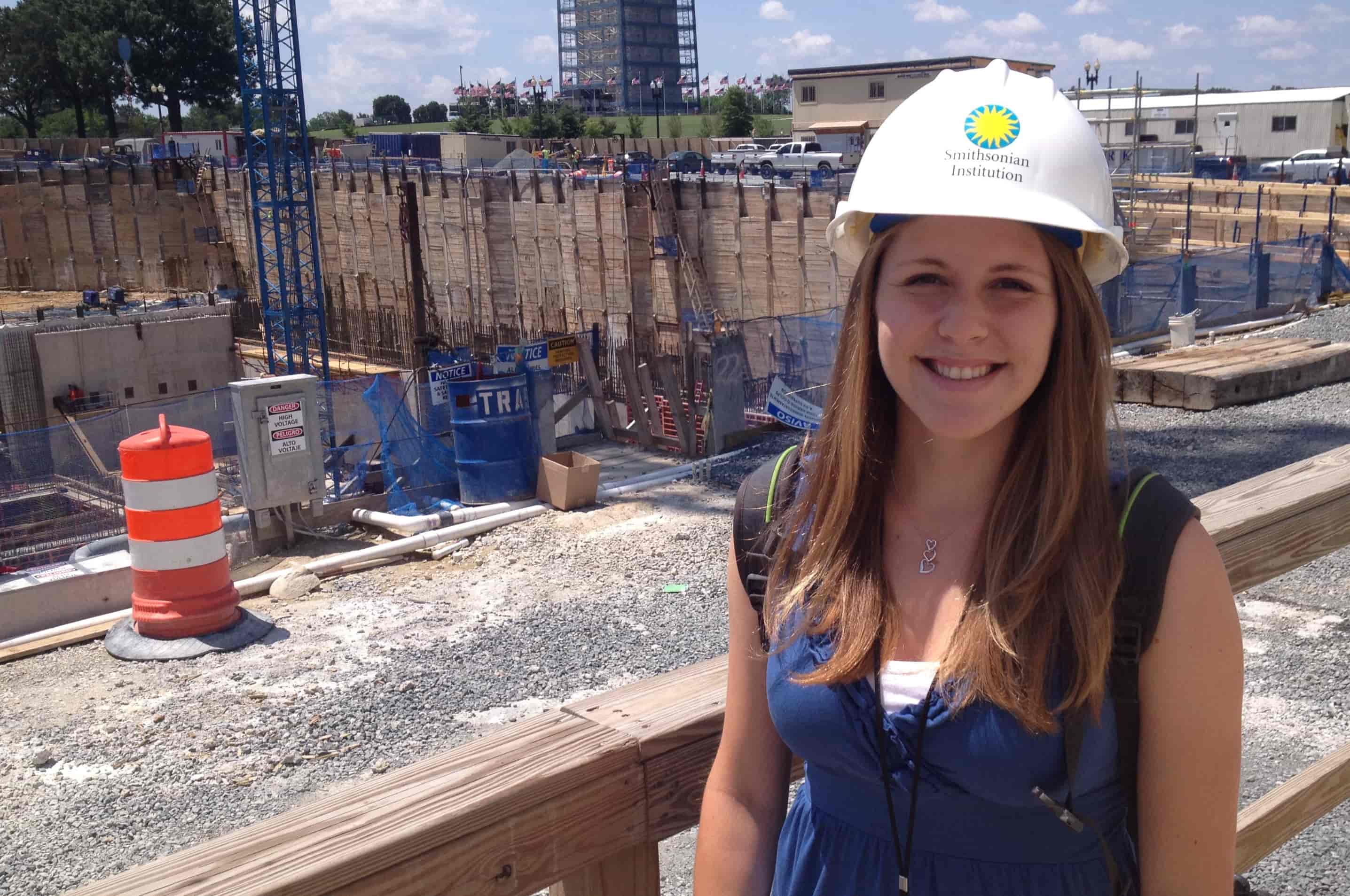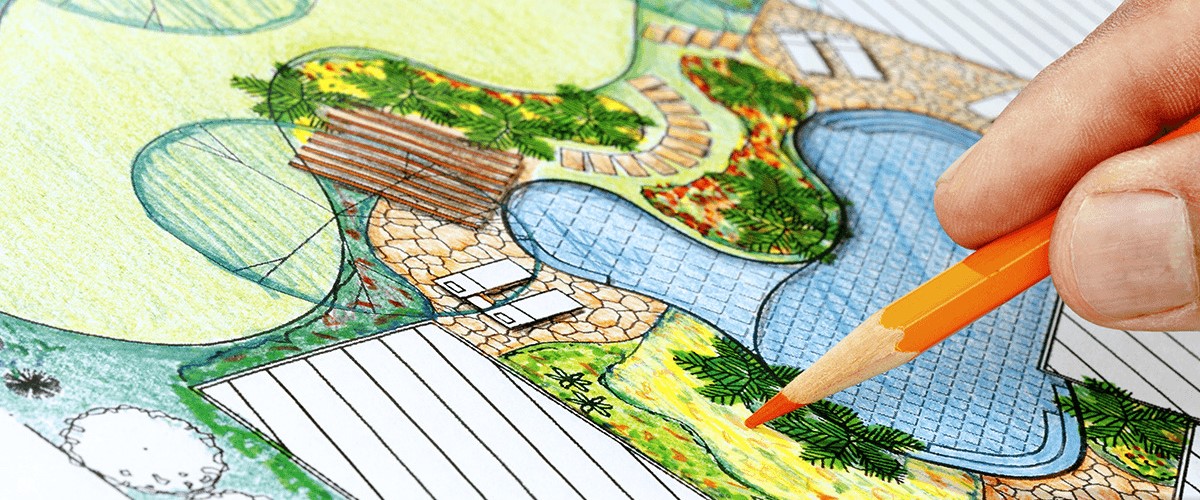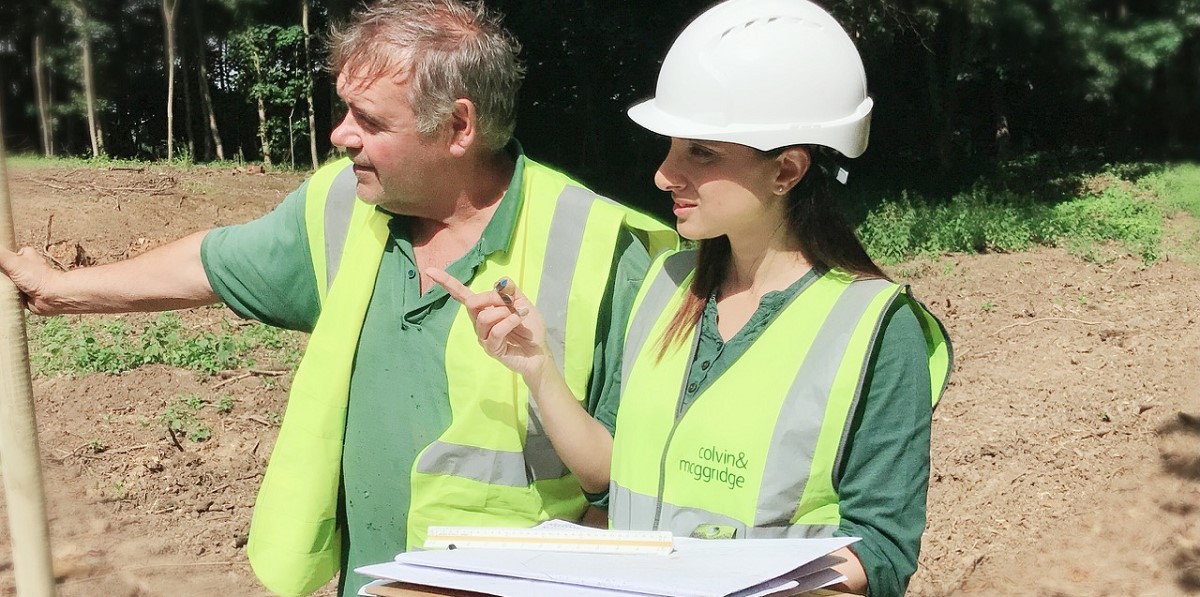Home>diy>Planning & Engineering>What Are The Professional Service Contracts For A Landscape Architect?


Planning & Engineering
What Are The Professional Service Contracts For A Landscape Architect?
Modified: January 9, 2024
Learn about the professional service contracts for a landscape architect, including planning and engineering services, to create stunning outdoor spaces.
(Many of the links in this article redirect to a specific reviewed product. Your purchase of these products through affiliate links helps to generate commission for Storables.com, at no extra cost. Learn more)
Introduction
Welcome to the world of landscape architecture, where creativity, functionality, and environmental sustainability merge to create stunning outdoor spaces. Landscape architects play a vital role in designing and planning outdoor areas, ranging from residential gardens to public parks and commercial developments. However, their work is not just limited to conceptualizing and designing; they also provide professional services through various types of contracts.
Professional service contracts for landscape architects outline the scope of work, fee structure, additional services, and performance expectations between the client and the landscape architect. These contracts ensure that both parties are clear about their responsibilities and commitments throughout the design and construction process.
In this article, we will explore the different types of professional service contracts that landscape architects use to engage with their clients. Understanding these contracts will provide you with valuable insight into the services landscape architects offer and the terms under which they operate.
Before delving into the details of the contracts, it’s essential to grasp the overall scope of professional services provided by landscape architects. Let’s explore some of the key elements of their work:
- Preliminary Design: Landscape architects start by gathering project information, analyzing site conditions, and developing initial design concepts.
- Master Planning: They create comprehensive plans for the long-term development and management of large-scale projects, such as parks or campuses.
- Site Analysis: Landscape architects conduct thorough site analysis to understand the environmental, social, and cultural context of the project site.
- Conceptual Design: Based on the client’s goals and site analysis, landscape architects develop conceptual designs that capture the vision and overall aesthetic of the project.
- Design Development: This phase involves refining the conceptual design, selecting materials, and finalizing the layout and details of the project.
- Construction Documents: Landscape architects prepare detailed construction documents, including drawings, specifications, and schedules.
- Bidding and Contract Negotiation: They assist in the bidding process, evaluate contractors, and negotiate contracts for construction services.
- Construction Administration: Landscape architects provide on-site supervision, review the progress of construction, and address any issues that may arise during the construction phase.
- Post-Construction Services: After the completion of the project, landscape architects may offer maintenance plans, periodic inspections, and assistance with future modifications.
Now that we have an understanding of the scope of professional services provided by landscape architects, let’s dive deeper into the specifics of their professional service contracts. These contracts outline the terms and conditions of engagement, including the fee structure, payment terms, additional services, and performance expectations. In the next sections, we will explore each of these aspects in more detail, providing you with a comprehensive understanding of professional service contracts for landscape architects.
Stay tuned as we explore the intricacies of professional service contracts in the world of landscape architecture!
Key Takeaways:
- Professional service contracts for landscape architects outline the scope of work, fee structure, and performance expectations, ensuring a transparent and collaborative relationship between clients and landscape architects.
- Understanding the fee structure, payment terms, additional services, and termination provisions in professional service contracts is crucial for clients and landscape architects to establish a fair and productive working relationship.
Read more: What Are Landscaping Services
Scope of Professional Services
When engaging with a landscape architect, it is important to understand the scope of professional services they provide. This will help you determine the specific deliverables and expectations from the beginning of the project. Let’s take a closer look at the various phases of professional services offered by landscape architects:
- Preliminary Design: This initial phase involves gathering project information, conducting site visits, and understanding the client’s goals and requirements. Landscape architects analyze the site’s physical characteristics, evaluate any existing structures or features, and identify opportunities and constraints for the design. They may also conduct feasibility studies and provide conceptual sketches or renderings to communicate their vision to the client.
- Master Planning: In cases where the project encompasses a large-scale development, such as a park or a campus, landscape architects engage in master planning. This involves creating a comprehensive plan that integrates multiple elements, such as land use, circulation, amenities, and sustainability features. The master plan serves as a long-term guide for the development, management, and future expansion of the site.
- Site Analysis: Landscape architects perform an in-depth analysis of the project site, considering various aspects such as topography, soil conditions, hydrology, climate, and biodiversity. They also assess the social and cultural context, including the needs and preferences of the community. This knowledge allows them to design landscapes that are both harmonious with the surroundings and tailored to the specific site conditions.
- Conceptual Design: Based on the preliminary design and site analysis, landscape architects develop conceptual design proposals. These proposals visually communicate the overall aesthetic, spatial arrangement, and functional elements of the project. They may include sketches, renderings, mood boards, and 3D models to help clients envision the final outcome. The conceptual design serves as a starting point for further refinement and development.
- Design Development: In this phase, landscape architects further refine the conceptual design, considering factors such as materials, plant selection, hardscape details, and sustainability features. They create detailed plans, sections, elevations, and construction details that accurately convey the design intent. Design development also includes collaborations with other professionals, such as civil engineers, irrigation specialists, and lighting designers, to ensure the integration of all necessary elements.
- Construction Documents: Landscape architects prepare comprehensive construction documents that provide detailed instructions for the implementation of the design. These documents include construction drawings, specifications, schedules, and material lists. They serve as a contractual agreement between the client and the contractor and ensure that the design intent is accurately translated into the built environment.
- Bidding and Contract Negotiation: Landscape architects assist the client in the bidding process by preparing bid packages and evaluating contractor proposals. They provide guidance in selecting the most suitable contractor for the project and assist in negotiating the contract terms. This includes reviewing and finalizing the construction contract, ensuring that it reflects the agreed-upon scope of work, schedule, and budget.
- Construction Administration: During the construction phase, landscape architects act as the liaison between the client and the contractor. They visit the site regularly to monitor the progress, review the quality of work, and ensure that the design is being implemented according to the construction documents. They also address any unforeseen issues or changes, provide clarifications, and make necessary adjustments to the design as required.
- Post-Construction Services: Once the construction is complete, landscape architects may offer post-construction services. This may involve providing maintenance plans, periodic site inspections, and guidance for the long-term care and management of the landscape. They can also assist in future modifications or enhancements to ensure that the landscape continues to thrive and evolve over time.
Understanding the scope of professional services offered by landscape architects is crucial for a successful collaboration. It allows clients to have clarity on what to expect at each stage of the project and ensures that the design, construction, and post-construction phases are seamlessly integrated.
Now that we have explored the scope of professional services, let’s move on to discussing the fee structure and payment terms of professional service contracts for landscape architects.
Fee Structure and Payment Terms
When entering into a professional service contract with a landscape architect, it is essential to have a clear understanding of the fee structure and payment terms. These aspects will determine the financial arrangement between the client and the landscape architect throughout the project. Let’s delve into the details:
Fee Structure: The fee structure for landscape architects can vary depending on several factors, including the complexity of the project, the scope of services, the experience and reputation of the landscape architect, and the geographical location. There are several common fee structures used in professional service contracts:
- Lump Sum: In this fee structure, the landscape architect provides a fixed total fee for the entire project, based on the estimated scope of work. This is often used for projects with a well-defined scope and clear deliverables.
- Hourly Rate: Some landscape architects charge an hourly rate for their services. They keep track of the time spent on the project and bill the client accordingly. This fee structure is suitable for projects with uncertain or evolving scopes where the amount of work required can vary.
- Percentage of Construction Costs: Landscape architects may charge a percentage of the overall construction costs as their fee. This fee structure is commonly used for projects where the landscape architect assumes a greater level of responsibility in managing the construction process.
- Unit Cost: For specific types of services, such as planting plans or irrigation designs, landscape architects may charge a fixed cost per unit, such as per square meter or per fixture. This fee structure is beneficial when the service can be quantified and easily measured.
Payment Terms: Along with the fee structure, the professional service contract outlines the payment terms between the client and the landscape architect. Typical payment terms include:
- Down Payment: Clients are often required to make an initial down payment or deposit when the contract is signed. This helps cover initial expenses and demonstrates the client’s commitment to the project.
- Milestone Payments: Payments are usually divided into several milestones, tied to specific project phases or deliverables. For example, the landscape architect may receive a percentage of the fee upon completion of the preliminary design, design development, or when construction documents are finalized.
- Final Payment: The final payment is made upon the completion of the project or when the landscape architect’s services are no longer required. This payment is often subject to the client’s satisfaction with the completed work and the fulfillment of all contractual obligations.
- Additional Expenses: In addition to the professional fees, the contract may include provisions for reimbursing the landscape architect for any additional expenses incurred during the project. This can include items such as travel expenses, printing costs, or specialized consultants’ fees.
It is important to note that fee structure and payment terms can be subject to negotiation between the client and the landscape architect. Factors such as the project’s complexity, timeline, and the client’s budget can influence the final agreement.
Properly understanding and discussing the fee structure and payment terms with the landscape architect before signing the contract will help avoid misunderstandings and ensure a smooth financial arrangement throughout the project.
Now that we have covered the fee structure and payment terms, let’s move on to explore additional services and amendments that may arise during the course of the project.
When entering into a professional service contract with a landscape architect, be sure to clearly outline the scope of work, project timeline, payment terms, and any specific deliverables or milestones. It’s important to have a detailed contract to protect both parties and ensure a successful project.
Additional Services and Amendments
Throughout the course of a landscape architecture project, there may be instances where additional services or amendments to the original scope of work are needed. These situations can arise due to evolving client requirements, changes in project conditions, or unforeseen circumstances. Let’s explore how landscape architects handle these scenarios:
Additional Services: Additional services refer to any work that falls outside the initial scope of the professional service contract. These services may include:
- Design Revisions: If the client requests design revisions or modifications after the initial scope of work is defined, the landscape architect may provide additional design services to accommodate these changes.
- Additional Deliverables: Clients may require additional reports, presentations, or documentation beyond what was originally specified in the contract. Landscape architects may offer these supplementary deliverables as additional services.
- Change Management: Changes to the project scope, timeline, or budget may require the landscape architect to provide change management services. This involves assessing the impact of the changes, revising the plans and budget, and communicating these changes to the client and other stakeholders.
- Consultant Coordination: In some cases, landscape architects may need to engage and coordinate with specialized consultants, such as lighting designers, irrigation specialists, or civil engineers. These additional services ensure a holistic approach to the project while meeting specific technical requirements.
When additional services are required, the landscape architect and the client will have to negotiate the scope of work, fee adjustments, and any changes in the project timeline. These additional services are typically documented through written amendments to the original professional service contract.
Amendments: Amendments are formal changes made to the original professional service contract. They are used to modify the scope of work, fee structure, payment terms, or any other contractual aspects. Amendments may be necessary under the following circumstances:
- Scope Changes: If there are significant changes to the project scope or objectives, an amendment will be required to reflect these alterations and ensure that the landscape architect’s services align with the client’s new requirements.
- Fee Adjustments: If the additional services or changes to the project result in an adjustment of the fees, an amendment will outline the revised fee structure and payment terms.
- Timeline Modifications: If there are changes to the project schedule or milestones, an amendment will document the revised timeline and any associated adjustments to the landscape architect’s services.
Amendments must be agreed upon by both parties and signed as a formal contract modification. This ensures transparency and clarity regarding any changes made during the project’s progression.
By allowing for additional services and amendments, landscape architects can effectively respond to changing project requirements and maintain a collaborative relationship with their clients.
Now that we have covered additional services and amendments, let’s explore the expectations surrounding performance and termination within a professional service contract for landscape architects.
Performance and Termination
Performance and termination clauses are crucial aspects of a professional service contract for landscape architects. They outline the expectations and responsibilities of both the client and the landscape architect and provide a framework for resolving any performance issues that may arise during the project. Let’s dive into the details:
Performance Expectations: Performance expectations specify the standards and deliverables that the landscape architect must meet throughout the project. These may include:
- Quality of Work: The landscape architect is expected to deliver high-quality design and documentation that aligns with the agreed-upon scope of work, industry standards, and best practices.
- Timeliness: The landscape architect should adhere to the project timeline and deliver milestones and deliverables within the specified timeframes.
- Communication: Effective communication is essential in a successful client-landscape architect relationship. The landscape architect should respond promptly to client queries, provide regular project updates, and share any relevant information or changes in a timely manner.
- Professionalism: The landscape architect should conduct themselves in a professional manner, treating the client, contractors, and other parties involved with respect and maintaining a high level of ethical and professional standards.
If the landscape architect fails to meet these performance expectations, the contract may include provisions for dispute resolution, such as mediation or arbitration, to address and resolve any performance-related issues.
Termination: Termination clauses outline the conditions and procedures under which either the client or the landscape architect can end the contract. Common reasons for termination may include:
- Breach of Contract: If either party fails to fulfill their contractual obligations, the other party may have the right to terminate the contract. This could include instances such as significant delays, substandard work, or failure to adhere to the agreed-upon terms and conditions.
- Non-Payment: If the client fails to make timely payments for the services rendered by the landscape architect, the landscape architect may have the right to terminate the contract.
- Mutual Agreement: Both the client and the landscape architect may agree to terminate the contract by mutual consent. This could occur in situations where there is a significant change in project objectives, unforeseen circumstances, or a breakdown in the relationship between the parties.
Termination clauses typically outline the notice period required for termination, any financial implications, and the handover process for project documentation and materials. It is important for both parties to understand and adhere to these procedures to ensure a smooth and fair termination process.
It is worth noting that termination should be seen as a last resort, and efforts should be made to resolve conflicts or performance issues through communication and negotiation before considering termination.
By clearly defining performance expectations and termination provisions, a professional service contract for landscape architects provides a framework for maintaining a productive and mutually beneficial relationship throughout the project.
Now that we have covered performance and termination, let’s conclude our exploration of professional service contracts for landscape architects.
Read more: What Is A Landscape Architect
Conclusion
Professional service contracts play a crucial role in the collaboration between landscape architects and their clients. These contracts outline the scope of work, fee structure, payment terms, additional services, and performance expectations, providing a framework for a successful partnership. Understanding these contracts is essential for both clients and landscape architects to ensure a clear and transparent working relationship.
In this article, we explored the scope of professional services offered by landscape architects, including preliminary design, master planning, site analysis, conceptual design, design development, construction documents, bidding and contract negotiation, construction administration, and post-construction services. Each phase contributes to the creation of stunning and functional outdoor spaces that reflect the clients’ vision and meet the needs of the environment and the community.
We also discussed the fee structure and payment terms, which vary depending on factors such as project complexity, geographical location, and the experience of the landscape architect. Understanding the fee structure helps clients gauge the financial commitment required and allows landscape architects to determine appropriate compensation for their services.
Additionally, we explored the concept of additional services and amendments, which may arise during the project due to evolving client requirements or changes in project conditions. Flexibility in accommodating these changes is crucial for landscape architects to deliver a project that aligns with the clients’ vision while maintaining the integrity of the design.
Furthermore, we discussed the importance of performance expectations and termination clauses in professional service contracts. Clear performance expectations ensure that landscape architects deliver high-quality work, meet project timelines, and maintain open lines of communication with their clients. Termination clauses provide a mechanism for resolving conflicts or issues that may arise during the project, ensuring that both parties are protected and have a fair resolution process in place.
In conclusion, professional service contracts for landscape architects are fundamental to the success of a project. These contracts provide a framework for collaboration, outline obligations and expectations, and establish a fair financial arrangement. By understanding the various components of these contracts, clients can engage with landscape architects confidently, knowing what to expect, and landscape architects can deliver their expertise while ensuring a mutually beneficial relationship.
So, whether you’re embarking on a residential garden project or developing a sprawling commercial landscape, understanding professional service contracts will guide you in selecting the right landscape architect and ensuring a seamless design and construction process.
Frequently Asked Questions about What Are The Professional Service Contracts For A Landscape Architect?
Was this page helpful?
At Storables.com, we guarantee accurate and reliable information. Our content, validated by Expert Board Contributors, is crafted following stringent Editorial Policies. We're committed to providing you with well-researched, expert-backed insights for all your informational needs.















0 thoughts on “What Are The Professional Service Contracts For A Landscape Architect?”